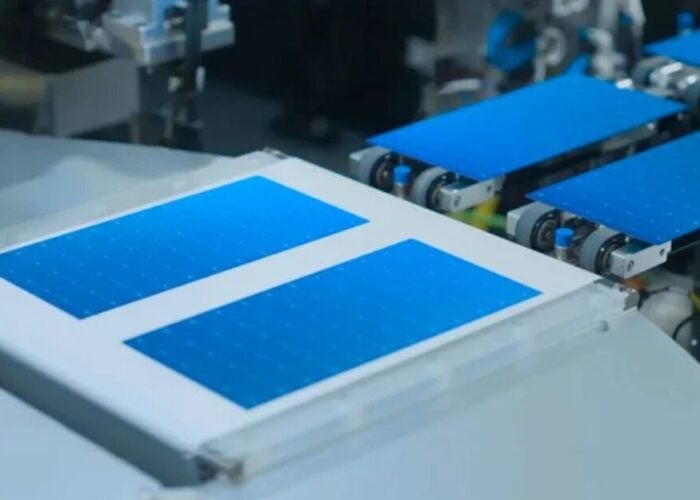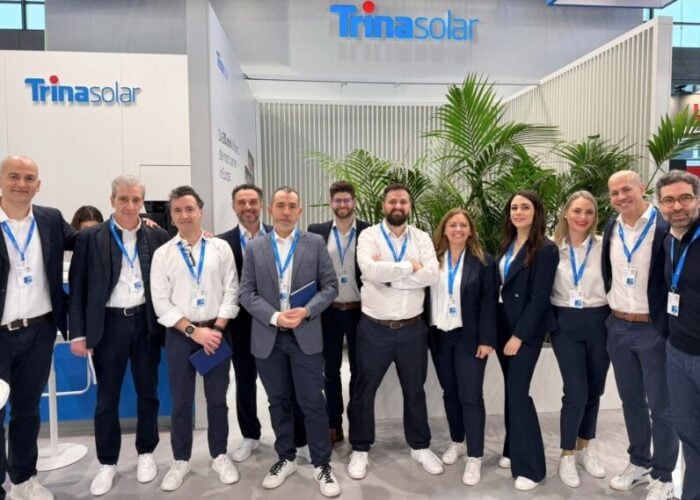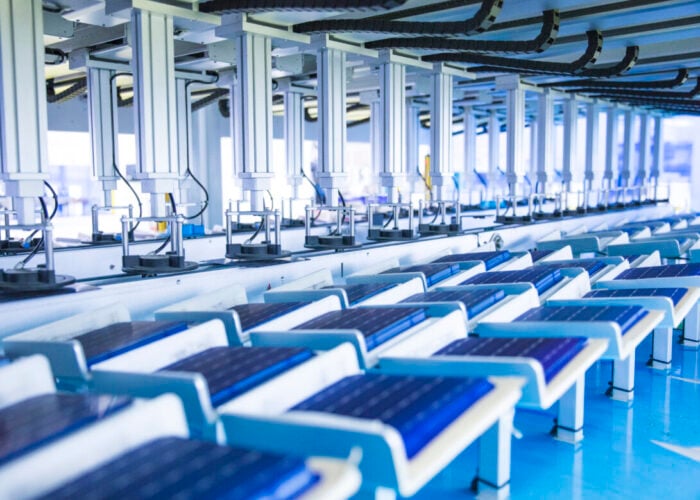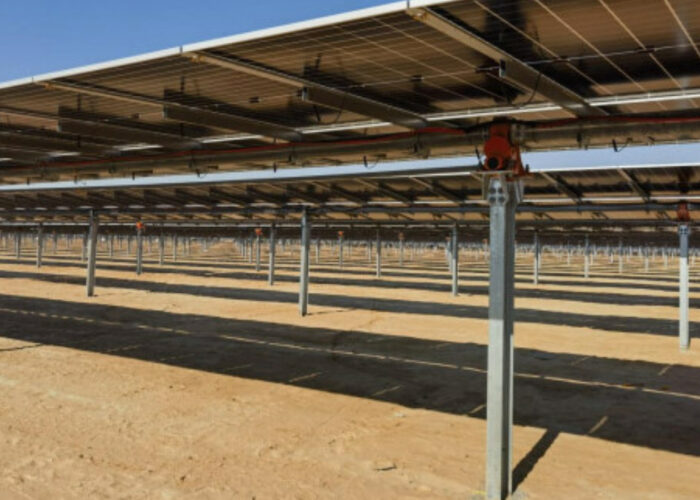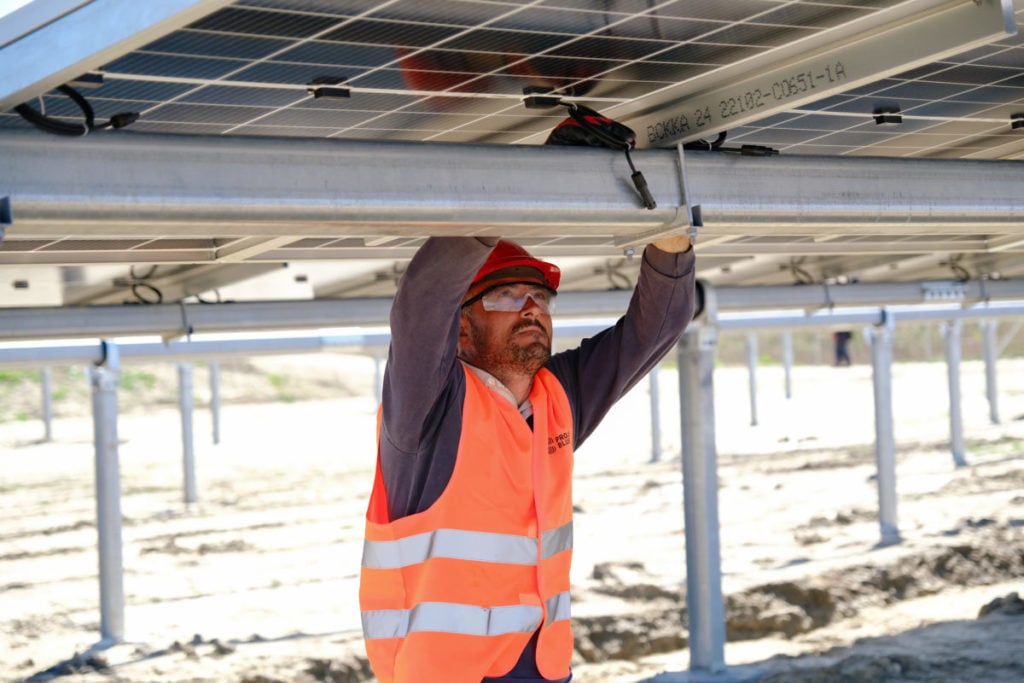
Chinese solar manufacturer Trina Solar has signed a supply agreement with Brazilian engineering, procurement and construction (EPC) contractor Fiber X for the integrated supply of PV modules and trackers to a project under development by Brazilian firm Cemig Sim.
Cemig Sim is the renewable development arm of Brazilian power company Cemig and plans to commission the 90MW project in the second quarter of 2024.
Try Premium for just $1
- Full premium access for the first month at only $1
- Converts to an annual rate after 30 days unless cancelled
- Cancel anytime during the trial period
Premium Benefits
- Expert industry analysis and interviews
- Digital access to PV Tech Power journal
- Exclusive event discounts
Or get the full Premium subscription right away
Or continue reading this article for free
Trina Solar will provide DEG21-660W modules from its Vertex series. These are bifacial modules with passivated emitter and rear contact (PERC) technology that have received positive scores in the annual PV Evolution Labs (PVEL) reliability assessment, to the project. The company will also provide its Vanguard 1P trackers to optimise electricity generation at the facility.
“Offering an integrated solution with both modules and trackers is a new business model for Trina Solar in Brazil,” said Alvaro Garcia-Maltras, president of Trina Solar Latin America, commenting on the new approach of providing both modules and trackers.
Chinese solar component manufacturer Sineng Electric has agreed to supply its 250kW string inverters to the project, the second Brazilian project to which it has supplied inverters. The news follows Sungrow’s supply of inverters to Comerc Renew’s PV plant in Brazil, as collaboration between Chinese manufacturers and Brazilian developers becomes more commonplace.
In recent months, Trina Solar has expanded its presence in the Asia-Pacific sector through the signing of a 1GW module supply deal with Australian distributor Solar Juice. This deal included the sale of Vertex modules, as Trina Solar looks improve its profitability amid overcapacity and falling prices across the global sector.


